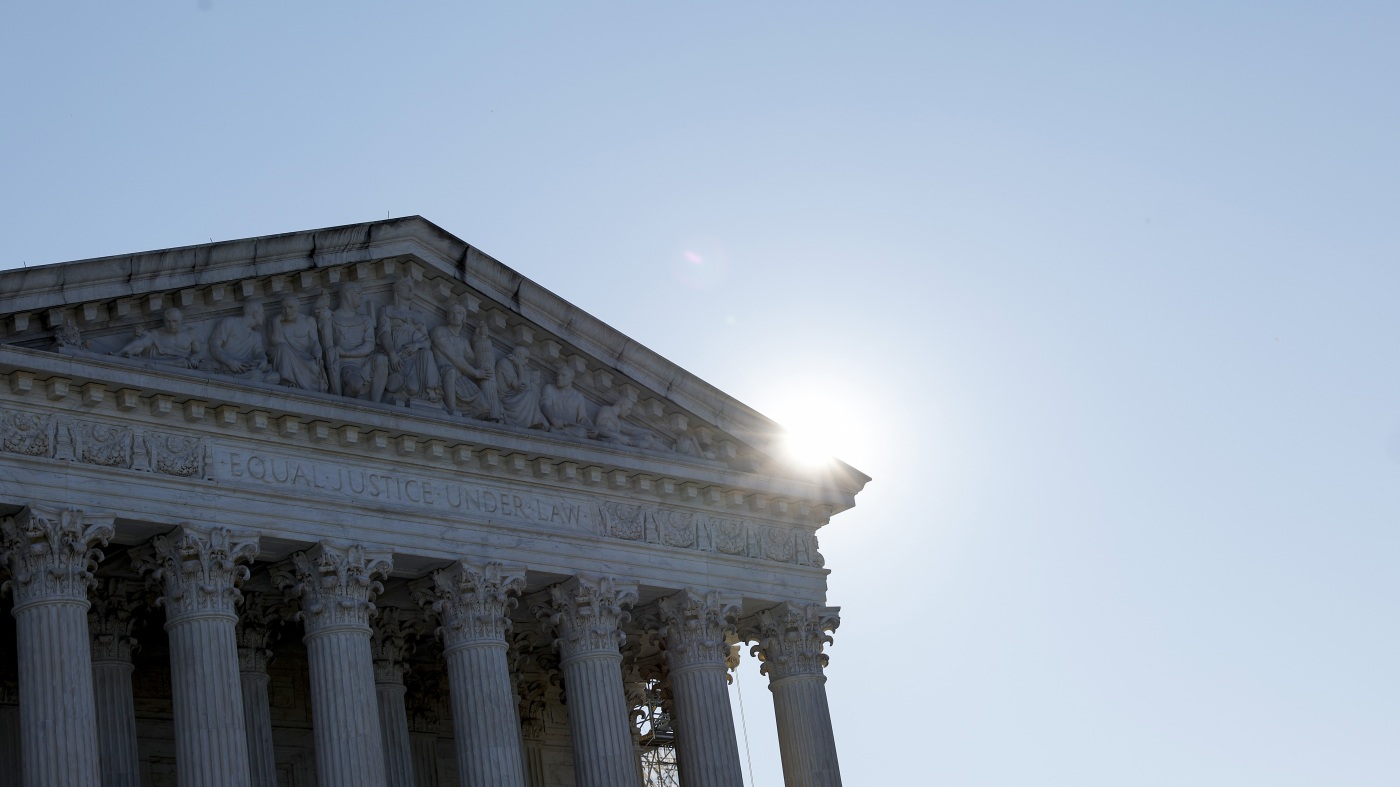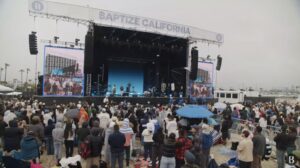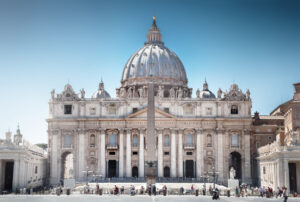Supreme Court to Address Religious Charities’ Obligation to Pay Unemployment Taxes
The U.S. Supreme Court is set to resolve a significant legal question regarding whether charitable organizations run by religious groups must contribute to unemployment taxes for their employees. This decision comes as part of a case initiated by Catholic Charities against the state of Wisconsin.

The U.S. Supreme Court building in Washington Anna Moneymaker/Getty Images
While many states generally exempt religious organizations from paying into the unemployment tax system, the federal law provides a similar exemption for religious schools. However, the Supreme Court has yet to address whether charitable organizations affiliated with religious groups should also be exempt. The case in question involves the Catholic Charities Bureau of the Diocese Superior, Wisconsin.
The Catholic Charities Bureau functions as a non-profit arm of the Catholic Church, dedicated to providing services to the poor and disadvantaged. The organization emphasizes that its mission aligns with gospel values and the moral teachings of the church, yet it operates without discrimination based on race, sex, or religion. The charity explicitly states that it does not engage in proselytization.
Catholic Charities sought an exemption from the state of Wisconsin for unemployment taxes, arguing that its activities reflect its religious mission. However, the state labor commission denied the request, reasoning that the charity’s activities are not inherently religious and therefore do not qualify for tax exemption.
In March, Wisconsin’s state Supreme Court ruled in a narrow decision that the charity’s operations are predominantly secular. The court highlighted that the organization does not attempt to impart Catholic faith among program participants nor does it distribute religious materials. Furthermore, the court noted an absence of worship services, religious outreach, or religious education conducted by the charity.
Following this decision, Catholic Charities appealed to the U.S. Supreme Court, citing a violation of the First Amendment’s guarantee of free exercise of religion and the principle of separation between church and state. The Supreme Court is scheduled to hear arguments in the case early next year, with a ruling anticipated by late June.
This article was originally written by www.npr.org





